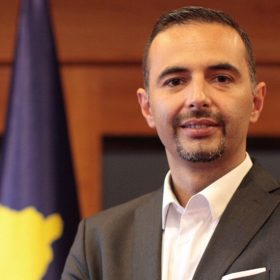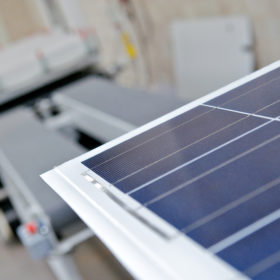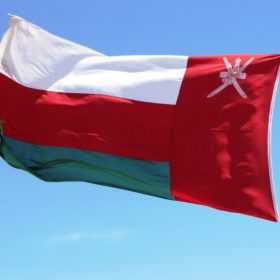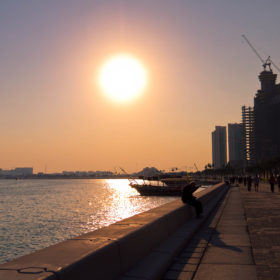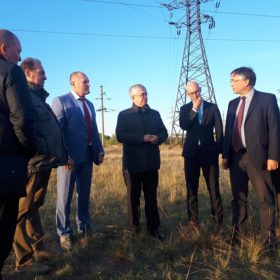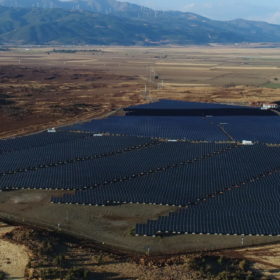Egypt could reach 44 GW of solar by 2030 – IRENA
In its report, Renewable Energy Outlook: Egypt, the International Renewable Energy Agency (IRENA) envisages a scenario in which solar becomes the second largest energy source in the country, after gas. If current plans and RE strategies are maintained, however, just 9 GW will be installed by 2030, compared 44 GW. The agency recommends a series of actions to achieve a 2030 renewable energy target of 52%.
Module prices have decreased by up to 25% so far this year, TrendForce says
According to the Gold Member Solar Report by EnergyTrend (Q3 2018), monocrystalline module prices have fallen almost 20% this year, while those for polycrystalline modules have dropped by more than 25%. Increased consolidation among manufacturers and developers is expected to occur in China and the global solar market, with more merger deals, plans for capacity reductions and even factory closures.
Kosovo raises 2020 solar target, slightly
The Kosovar Ministry of Economic Development has recently announced a plan to transfer 100 MW to 120 MW of licenses from hydro, to solar and wind. The latter, however, is expected to comprise the largest share, according to the country’s revised plans for renewables and energy, which envisage just 30 MW of solar by the end of 2020.
Solar manufacturing in the Arab region remains difficult, IRENA says
In a study on the potential for local manufacturing of renewable energy equipment in the Arab region, IRENA has assessed how three pilot Arab countries – Lebanon, Jordan and the UAE – where development of clean energy is currently strong, may host PV, CSP and wind energy industries. In all of them, however, there are currently few chances of seeing a rising solar and renewable energy manufacturing industry, due to a series of challenges, such as, among others, the lack of a qualified workforce, and favorable regulatory settings.
A renewable world order
In the first in a series of interviews on the topic of renewable energy and geopolitics, Indra Overland, head of the Center for Energy Research (NUPI) and Member of the Research Panel, Global Commission on the Geopolitics of the Energy Transition at IRENA, discusses the effects a greater penetration of solar, and other renewable energies, in the global energy mix, could have on world order. Although fossil fuels will continue to play a dominant role in the coming years, sooner or later the geopolitics of energy will cease to be that of gas and oil, according to Overland. Although it is still difficult to predict future scenarios, he believes renewables have the potential to make nations more energy independent, and provide the basis for more peace and stability.
Oman begins process for second 500 MW PV tender
The Oman Power and Water Procurement company (OPWP) is now seeking bids to secure technical consultancy services for the development of the project, the capacity of which could reach 1 GW.
Qatar pre-qualifies 16 bidders for 500 MW solar tender
Among the pre-selected bidders are big European players, such as Enel, Total and Engie, and big solar manufacturers including JinkoSolar, Hanwha Q Cells and GCL. Further bids have come from big Japanese conglomerates, and companies from Spain, Germany, South Korea and Turkey. The first 350 MW phase of the large-scale solar park is expected to come online by the end of 2020.
Ukraine seeks to bring large-scale solar to areas of disputed Donbass region
A Canadian investor is planning to build a 150 MW solar plant in the northern part of Ukraine’s Luhansk Oblast, which is under the control of the country’s authorities. The project is expected to be located in Rubizhne, a town that was re-conquered by the Ukrainian military forces in July 2014.
Turkey issues 1 GW PV tender, sets maximum price of $0.065/kWh
Three seperate tenders will be held for the deployment of large-scale solar plants across three locations, chosen by the Turkish Government. Selected developers will not be required to open a module factory, as in the last tender, but will have to buy at least 60% of the necessary modules from Turkish panel makers. The new maximum price has been set slightly lower than the final price of the previous 1 GW solar auction, held in 2017.
Brazil’s Cemig contracts 152 MW of wind, solar capacity in second auction
Selected projects, which have a combined capacity of 338 MW, are scheduled to begin delivering power in January 2022 under a 20-year PPA.


